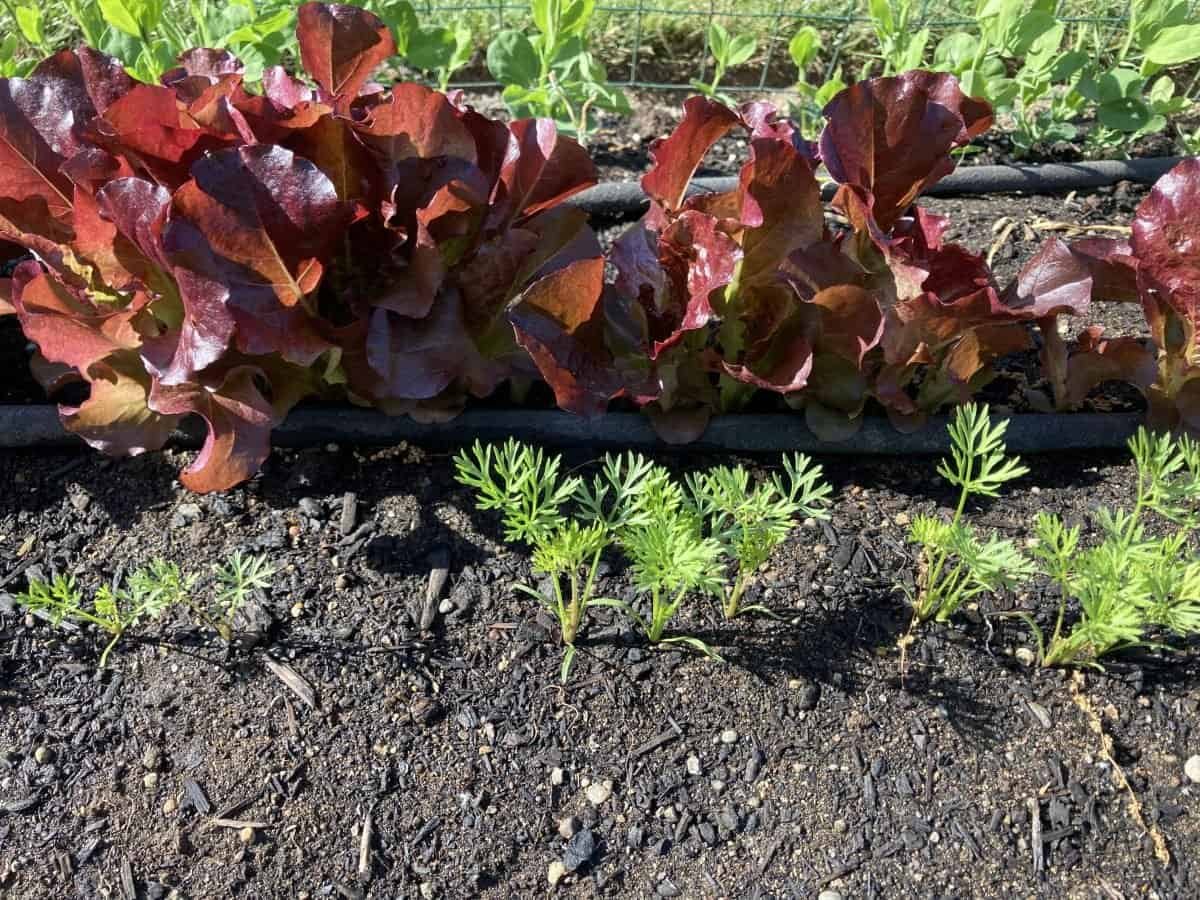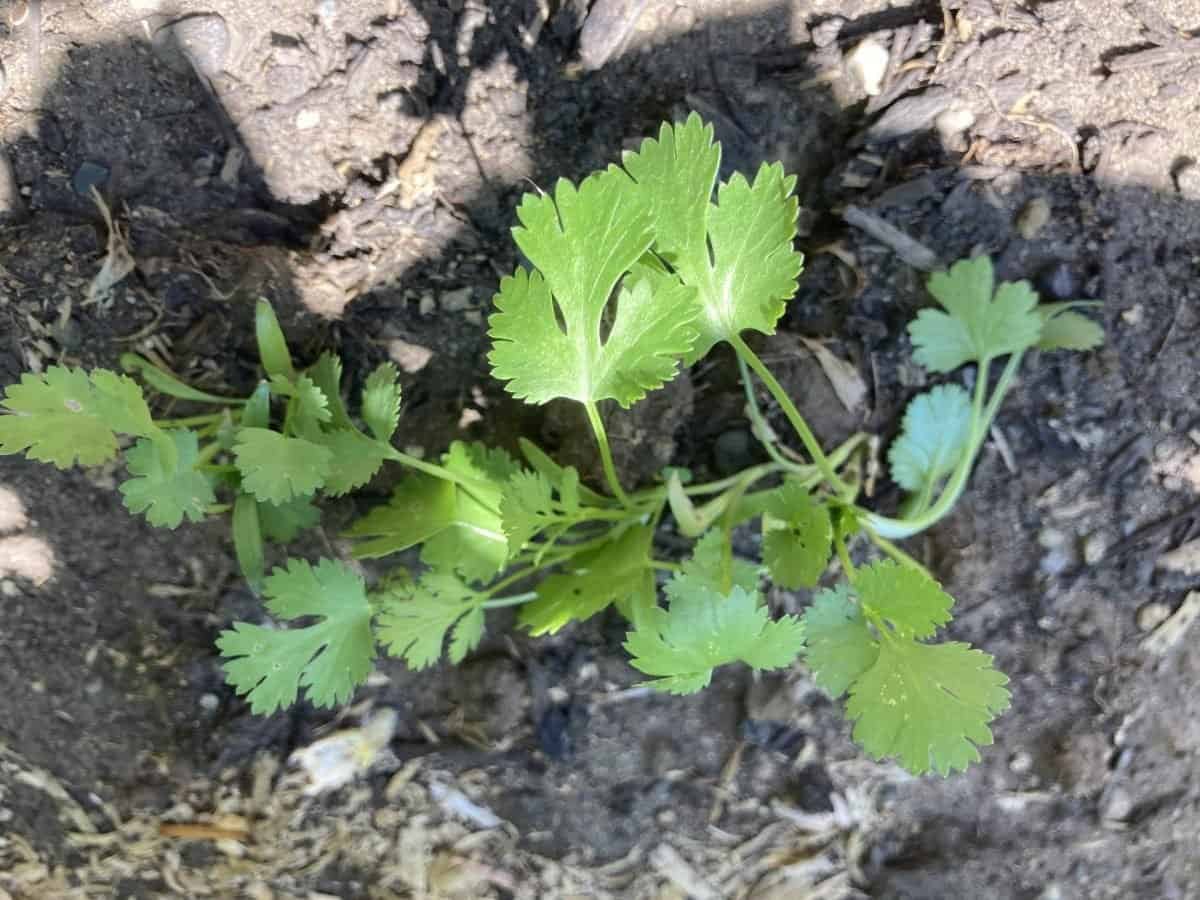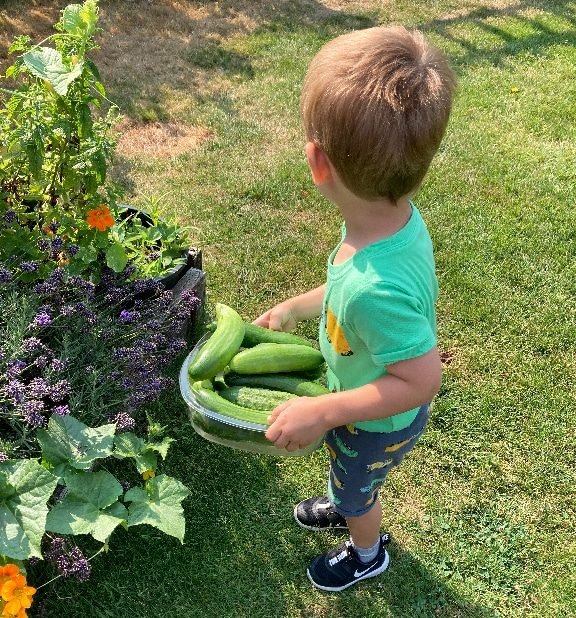Library of the most useful gardening terms to grow the best garden and understanding these frequently used terms
Understanding Gardening Terms
- Annual- A plant that has a 1-year lifespan from seed to plant, to flower, to die.
- Aspirin Spray- Mix 600mg of uncoated Aspirin with 1T of Baking Soda in 1 gallon of water to increase blossoming and fruit on nightshade plants such as tomatoes, eggplant and peppers.
- Biennial- A plant that has two year lifespan with the plant forming the first year and flowering the second year before dying.
- Blossom End Rot- This is due to a calcium imbalance that can be due to overwatering or lack of calcium in the soil. Blossom end rot causes a black spot on the bottom of the fruit which can still be eaten if the black section is cut off but it is not very attractive.
- COF– Complete Organic Fertilizer, this is a fertilizer used to increase the plant’s growth and production organically that is made up of several different properties to produce a complete fertilizer to grow the best and most healthy plants and vegetables.
- Companion planting- Plants that grow well together and complement each other. Example of a flower that attracts pollinators to pollinate your vegetable flowers to produce vegetables planted next to vegetable plants.
- Compost- Organic material that can be added on top of the soil to help your plants grow healthy and produce the best.
- Cutting- a small cutting off a plant to produce another plant.
- Damping Off- A disease that causes the plant to droop over and die, usually due to not hardening off the plant or seedling before planting.
- Deadheading- A method to remove blooms or seed pods of a flowering plant to encourage more flowering to occur on the plant.
- Deciduous- Plants that lose their foliage during the fall or early winter.
- Determinate- This is a tomato that has a fixed size and produces its crop all at one time.
- Dripline- The outermost circumference of the plant’s canopy from which the rain drips and hits the ground.
- Evergreen- Plants that don’t lose their foliage in the winter all at once. These plants do lose some of their foliage slowly and usually go unnoticed.
- Foliar Feed- A fast-acting dilute fertilizer applied to the leaves of the plant to promote growth and fruiting.
- Garden Compost- An organic material produced by the decomposition of plant waste materials from the garden or house.
- Germination- When a seed sprouts.
- Grafting- This is the process to graft one or several plants onto another rootstock, you can see this done with everything from tomatoes to fruiting trees such as apples and pears.
- Hardening Off- The method to acclimate a plant before planting outside, exposing the seeding in short spans exposing it to the wind, temperature, and sunlight. This is a critical step to transition the seedling to be planted outside.
- Hardy- This is the temperature that a plant can survive in cold temperatures.
- Indeterminate- This is a tomato that continues to grow and produces a crop throughout the growing season
- Manure- This is an organic material from animal and plant waste that is used to enhance soil which adds essential nutrients for plant growth and improves crop production.
- Mulch- This can be a variety of materials added on top of the soil around the plants to reduce moisture loss, weeds from growing, and keep the soil around the roots cooler. The materials can be many things, including wood chips/bark, organic materials, grass clippings, fabric materials that allow water to penetrate.
- Organic- A system of gardening that we will focus on that uses natural materials to enhance growth and production for healthy crops. We will show you how to make your own organic fertilizers and what ones we recommend that can be purchased pre-made.
- Perennial- These are plants that live longer than 1 year, typically they will die back in winter and reemerge in the spring. These plants can be killed if temperatures are below freezing (See hardiness of individual perennials to know if you will need to protect over winter).
- pH- A measure of how acidic or basic a substance or solution is. pH is measured on a scale of 0 to 14. On this scale, a pH value of 7 is neutral, which means it is neither acidic nor basic. A pH value of less than 7 means it is more acidic, and a pH value of more than 7 means it is more basic. It is important to have your soil tested to know what the PH is since each plant needs different PH levels. You can also check your own soil by purchasing a testing kit.
- Prune- This is the process of cutting plants and shrubs back to promote the growth and production of plants.
- Rootstock- The root system that a cutting is attached to for the growth of another plant.
- Slow Release Fertilizer- These are fertilizers that are coated to allow the fertilizer to slowly be released over time to feed the plant.
- Subsoil- The layer of soil laying underneath the topsoil and usually contains fewer nutrients, organic materials and is less aerated.
- Sucker- A shoot that grows from the lower portion of a plant that can be trimmed off to allow energy to go to the plant and not the sucker.
- Thinning- The process to remove some of the seedlings to allow plants to grow better allowing the proper spacing between plants.
- Topsoil- Surface soil that usually contains the most nutrients for roots to grow.
- Transplanting- The process of digging a plant up and moving it to another location.
- Vermiculite- A natural material that is very lite and helps plants especially seedings to grow.
- Windbreak- A barrier that protects an area from wind, it can be made from materials or you can use other plants that can be a windbreak for other plants.
- Worm Castings- This is one of nature’s best fertilizers, it is not only natural but has no harsh odors. It is essentially the poop from worms that is great food for plants to thrive on. This is also one of the few fertilizers that will not harm your plants even if you over-fertilize them.
I hope that my post on Understanding Gardening Terms has helped you in your gardening experience.




